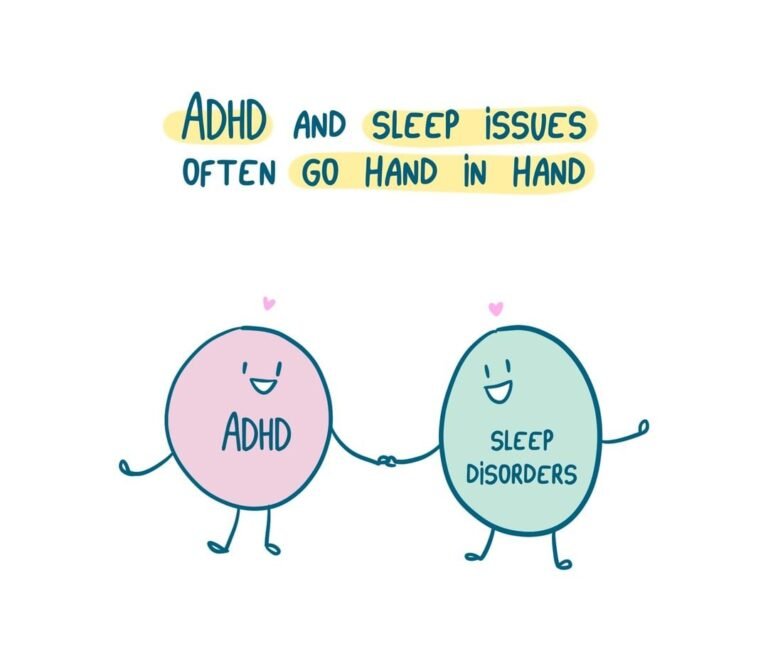
Attention Deficit Hyperactivity Disorder, more commonly known as ADHD, is not just about “kids who can’t sit still.” It’s a complex neurodevelopmental disorder that affects millions of children and adults worldwide.
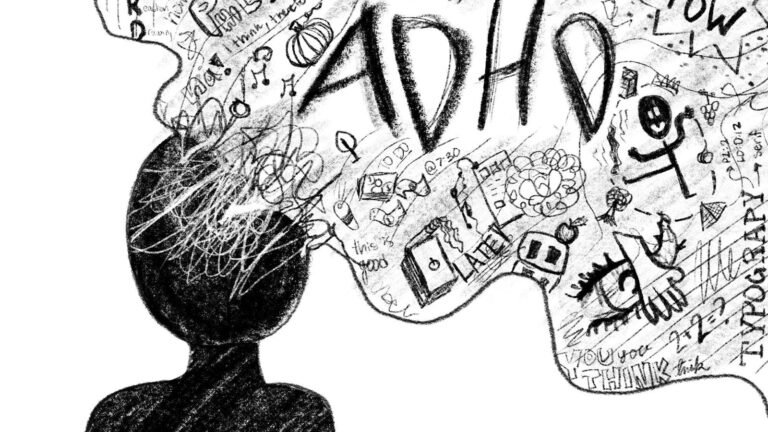
ADHD is characterized by persistent patterns of inattention, hyperactivity, and impulsivity, which are more frequent and severe than in individuals at a similar developmental stage. These core symptoms can significantly impact daily life, making it challenging to focus, control impulses, and regulate activity levels.
ADHD presents differently in each individual, but common challenges include:
These core symptoms can lead to a range of challenges in various areas of life, including:
It’s crucial to remember that ADHD is not a sign of laziness, lack of intelligence, or poor parenting. It’s a real condition with a neurological basis, and with proper understanding, support, and management strategies, individuals with ADHD can thrive and lead fulfilling lives.

We all know sleep is essential, but for individuals with ADHD, it’s not just about feeling rested – it’s intricately connected to their ability to function at their best.
Sleep isn't downtime for the brain; it's when the real magic happens. During sleep, our brains work tirelessly:
When sleep is cut short, the consequences for individuals with ADHD can be particularly significant. Sleep deprivation can:
The relationship between ADHD and sleep isn't one-sided. It's increasingly recognized that:
This intricate connection highlights the importance of addressing sleep as a core component of ADHD management. Prioritizing healthy sleep habits can significantly improve daily functioning, reduce symptom severity, and enhance overall well-being for individuals with ADHD.
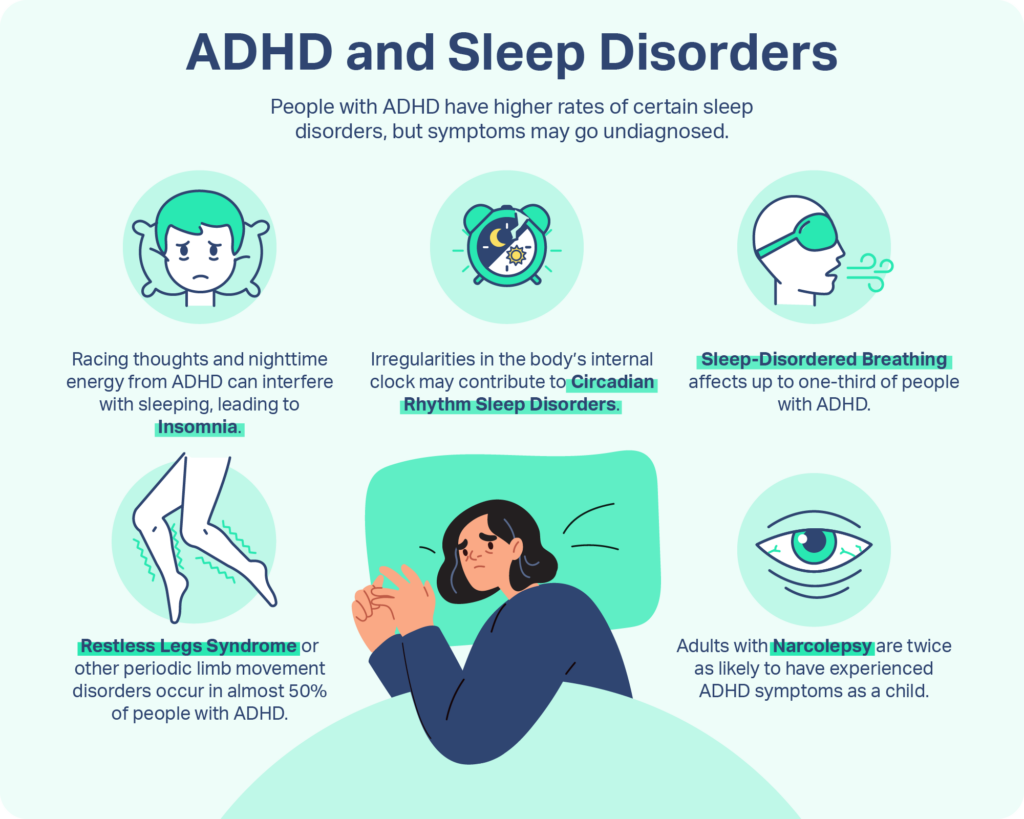
While the link between sleep and ADHD is increasingly recognized, it’s often overlooked in diagnosis and treatment plans. The consequences of this oversight can be significant, impacting individuals not only on a daily basis but also in the long term.
The Evidence Speaks for Itself
Research paints a clear picture of the strong connection between ADHD and sleep problems:
Recognizing and addressing sleep problems in ADHD is not simply about getting a good night’s rest. It’s about breaking a vicious cycle, improving symptom management, and paving the way for a healthier, more fulfilling life.
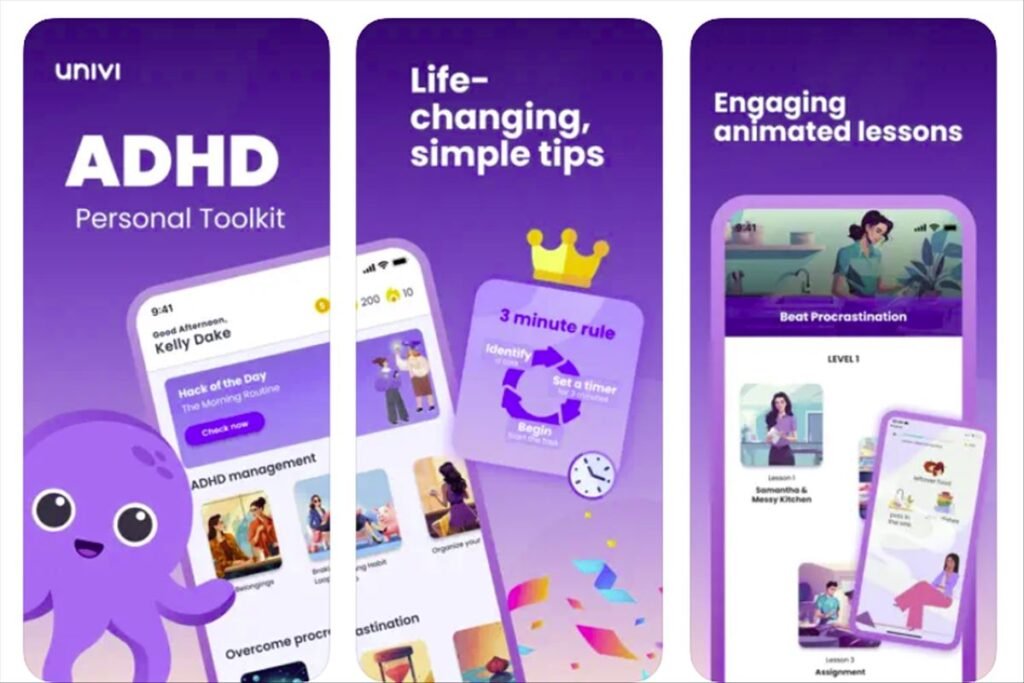
Managing ADHD is rarely as simple as taking a pill. It often requires a multifaceted approach, encompassing medication, therapy, lifestyle changes, and ongoing support. In recent years, technology has emerged as a powerful ally in this journey, offering innovative tools to empower individuals with ADHD and their families.
Traditionally, ADHD management has centered around:
While these approaches remain crucial, technology is expanding the toolkit, providing:
Among the growing array of ADHD management apps, sleep-focused platforms are gaining recognition for their targeted approach to a critical yet often overlooked aspect of ADHD. These apps go beyond generic sleep trackers by:
By leveraging the power of technology, sleep-focused apps offer a convenient, accessible, and personalized approach to improving sleep quality in individuals with ADHD, ultimately contributing to better symptom management, enhanced daily functioning, and a greater sense of overall well-being.
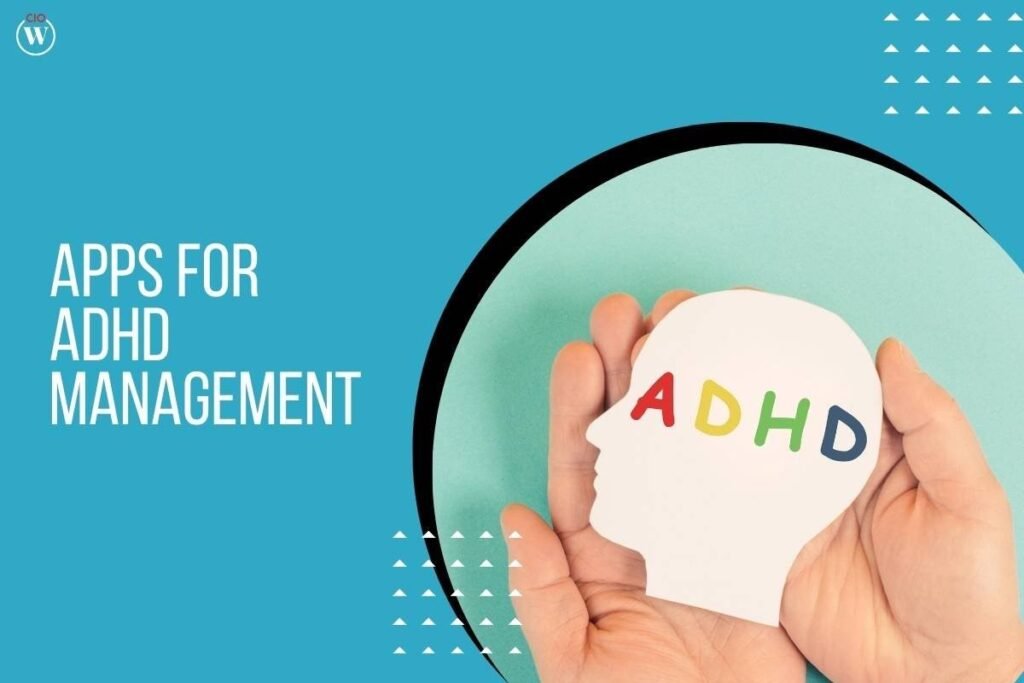
While the app stores are flooded with sleep trackers, not all are created equal when it comes to addressing the unique needs of individuals with ADHD. Effective sleep apps for ADHD go beyond basic sleep monitoring, offering targeted features that promote healthy sleep habits and integrate with overall ADHD management.
Ready to unlock the power of better sleep for better ADHD management? Give these apps a try and discover how a few simple taps on your phone can lead to more restful nights and brighter days.
While often associated with meditation, Calm's offerings extend far beyond guided mindfulness sessions. It provides a holistic approach to sleep, encompassing:
While individual experiences vary, Calm boasts a loyal following and consistently receives high ratings for its effectiveness in improving sleep quality:
While not a cure-all, Calm offers a valuable tool for individuals with ADHD seeking to improve their sleep through relaxation, mindfulness, and a calmer mind. Its wide array of content, user-friendly interface, and focus on sleep hygiene make it a worthy contender in the quest for more restful nights and more energized days.
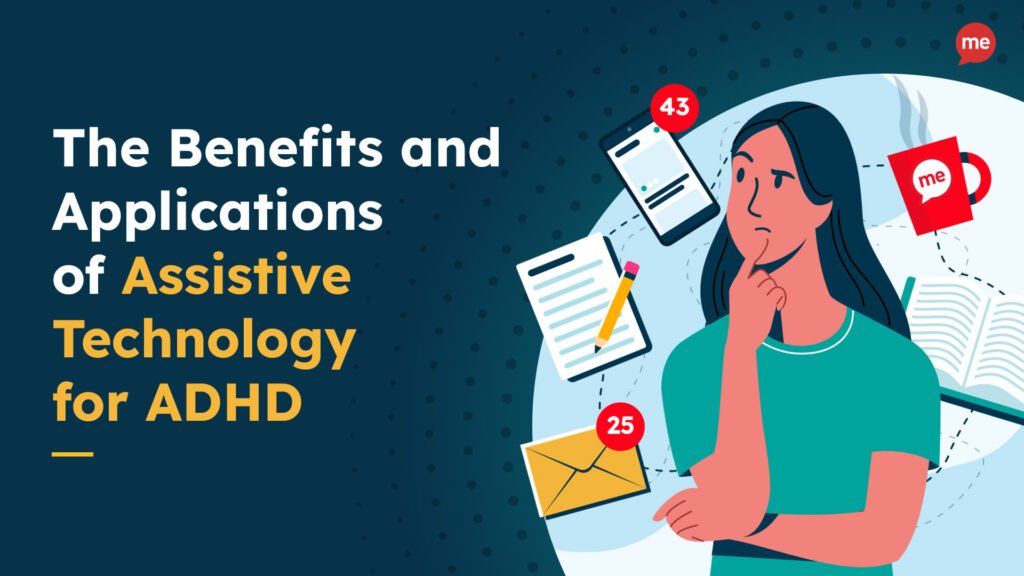
Sleep apps are often seen as a trendy way to track sleep patterns, but for individuals with ADHD, they can be powerful tools that extend far beyond simple monitoring. By promoting healthy sleep habits, these apps can lead to a ripple effect of positive changes, impacting everything from ADHD symptoms to overall well-being.
😴 From Restless Nights to Restful Sleep: Improved Sleep Quality & Consistency
Utilizing sleep apps for ADHD is about more than just tracking numbers – it's about investing in your overall well-being. By prioritizing sleep and harnessing the power of these innovative tools, individuals with ADHD can unlock a world of benefits, leading to a more fulfilling, balanced, and successful life.
While sleep apps offer promising solutions for individuals with ADHD, it’s important to approach them with a realistic understanding of their limitations and potential challenges.
Sleep apps hold tremendous potential for improving sleep and overall well-being in individuals with ADHD. However, it’s crucial to adopt a balanced perspective:
By acknowledging both the potential and the limitations of sleep apps, we can harness their power responsibly and pave the way for more restful nights and brighter days for individuals with ADHD.
The landscape of sleep technology is constantly evolving, and the future holds exciting possibilities for individuals with ADHD seeking to improve their sleep and overall well-being. Here’s a glimpse into the emerging trends that are shaping the next generation of sleep apps:
Artificial intelligence (AI) and machine learning are poised to revolutionize how sleep apps support individuals with ADHD. Imagine:
The future of sleep apps for ADHD extends beyond sleep itself. Imagine:
As we embrace the exciting possibilities of AI-powered, personalized sleep technology, it’s crucial to prioritize data privacy and security. App developers, healthcare providers, and users must work together to ensure these innovations are used ethically and responsibly to empower individuals with ADHD on their journey to better sleep and overall well-being.
It’s time to stop seeing sleep as a luxury and recognize it as a fundamental pillar of managing ADHD. The intricate link between ADHD and sleep disturbances demands innovative solutions, and sleep apps are rising to the challenge.
As we’ve explored, these apps are much more than simple sleep trackers. They offer a personalized toolkit to understand your sleep patterns, establish healthy habits, and quiet the mental noise that often keeps ADHD brains awake at night.
Remember, a good night’s sleep is within reach. By prioritizing sleep and embracing the power of technology, we can pave the way for a brighter, more focused, and more fulfilling future for individuals with ADHD.
+1 (704) 430-6476
info@scumscenariomaster.com
Copyright © 2024 Apprentistly